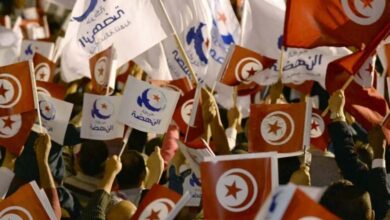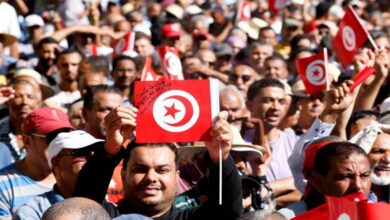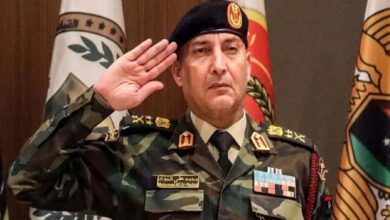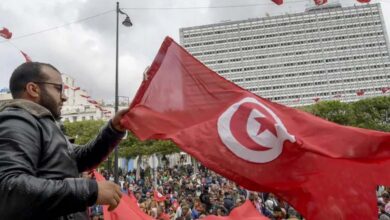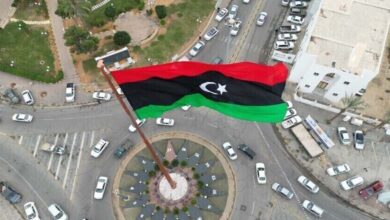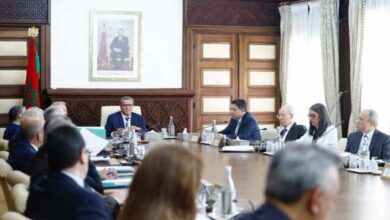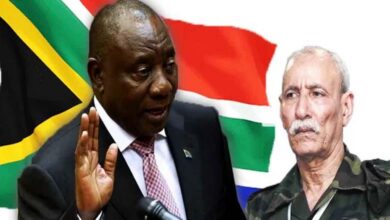IMF Director acknowledges Tunisia doesn’t need debt restructuring
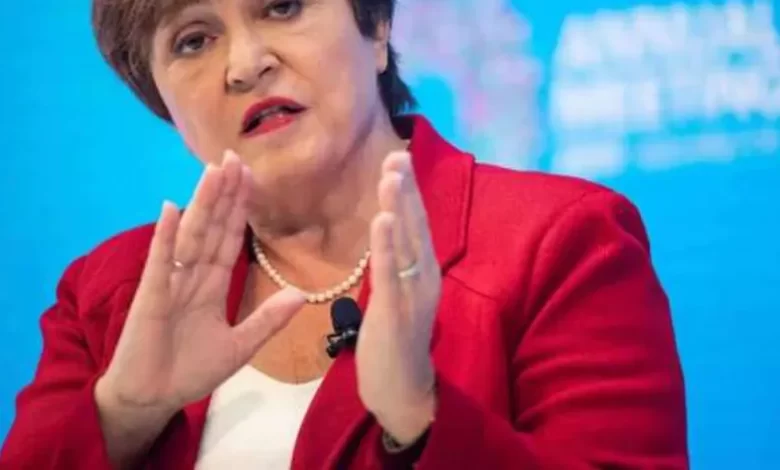
Kristalina Georgieva, the Managing Director of the International Monetary Fund (IMF), has stated that Tunisia is not in a critical situation and emphasized that the country needs urgent measures to complete arrangements related to a $1.9 billion loan, even though she recognized that the country is not in a debt restructuring phase. This is the latest response from the international donor side following the position taken by Tunisian President Kais Saied in rejecting what he considers dictates that threaten the country’s civil peace.
Georgieva stated, “Tunisia’s economic situation is challenging,” and noted that “the North African country still needs urgent measures to complete arrangements related to a $1.9 billion rescue package from the International Monetary Fund,” according to Bloomberg.
She added, “Debt restructuring for Tunisia is not required because it is not in a critical situation so far,” but she added, “Nevertheless, the sooner it takes some measures to improve its financial situation and enhance its economic performance, the better it will be for Tunisia.”
Tunisian Foreign Minister Nabil Ammar said during his visit to Moscow about two weeks ago that “Tunisia has clear conditions for working with the IMF and has set red lines that it will not cross to protect the country’s economic interests and is ready to work within that framework.”
Ammar emphasized his country’s readiness to cooperate with the IMF within this framework, stating that “it is not in the interest of any party to hinder the Tunisian economy.”
Negotiations between Tunisia and the IMF regarding this loan have reached an impasse, and consultations between the two parties have been on hold since the end of 2022, with no progress made.
Tunisian President Kais Saied has been clear in his rejection of the conditions set by the international side, including ending subsidies on several essential items, likening it to bringing a lit match close to highly explosive materials. He has stressed that maintaining civil peace in the country is a red line.
Saied believes that reducing subsidies on food and fuel items would harm marginalized and impoverished groups, exacerbating their suffering. He has repeatedly emphasized the need to rely on self-sufficiency and the creation of wealth, with the contribution of all parties based on a genuine sense of responsibility and patriotism for the nation.
During his meeting with the Tunisian Foreign Minister two days ago, Saied emphasized that “Tunisia insists on its sovereignty and will not yield to any pressure because the sovereignty of the state is above all considerations. It will only engage in a tit-for-tat manner with its partners within the framework of mutual respect.”
Tunisian economist Mohsen Hassan revealed in a statement to Tunis Africa Agency last week that “Tunisia has managed to repay its external debts for the current year, contrary to the expectations of some international rating agencies,” attributing this success to the remittances of Tunisians abroad and the revenues of the tourism sector.”





